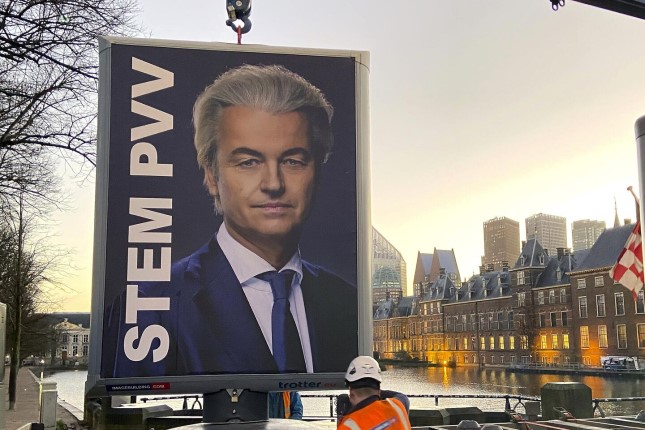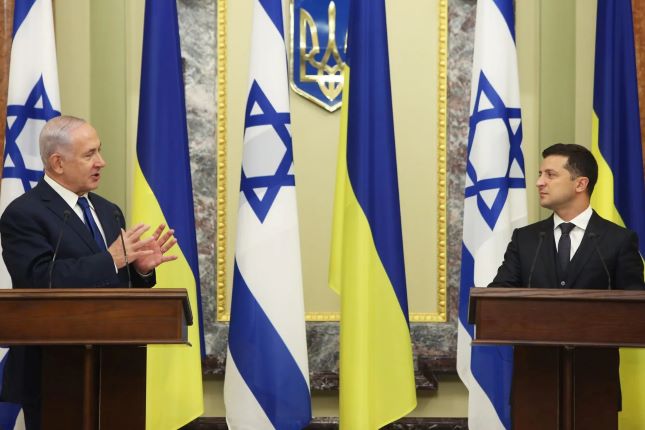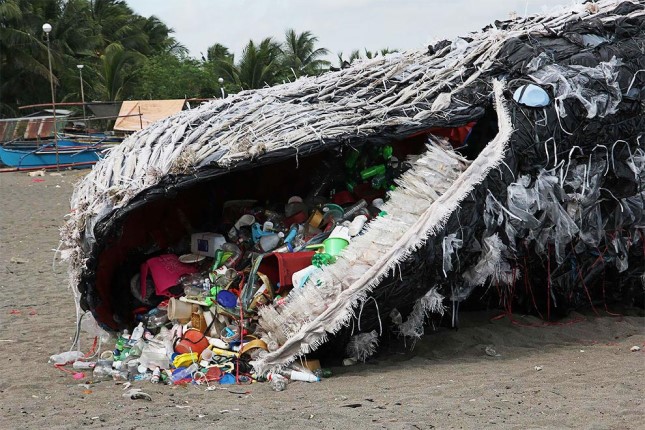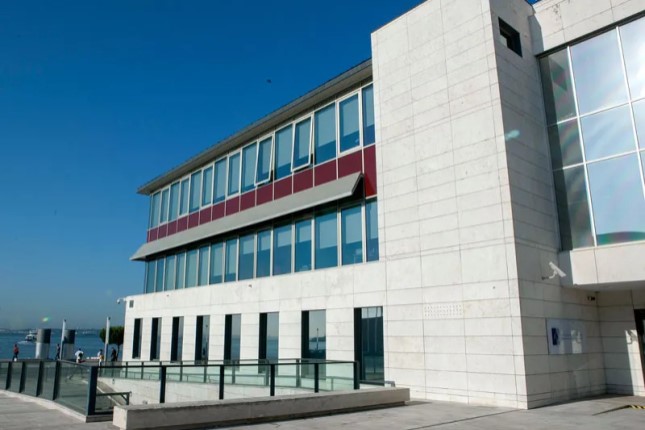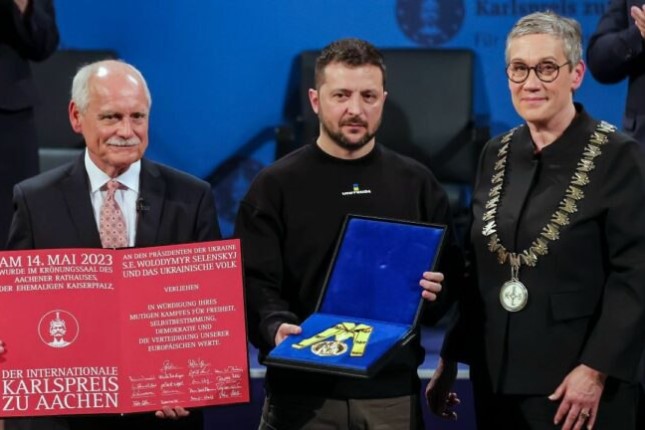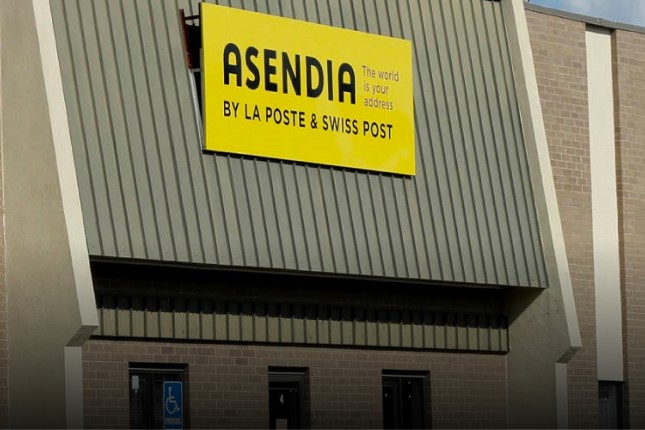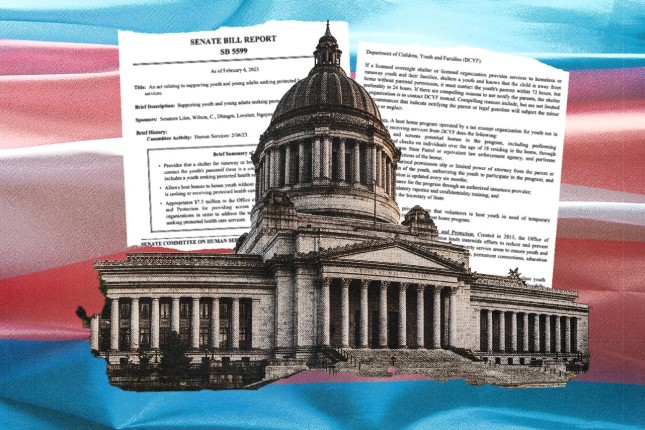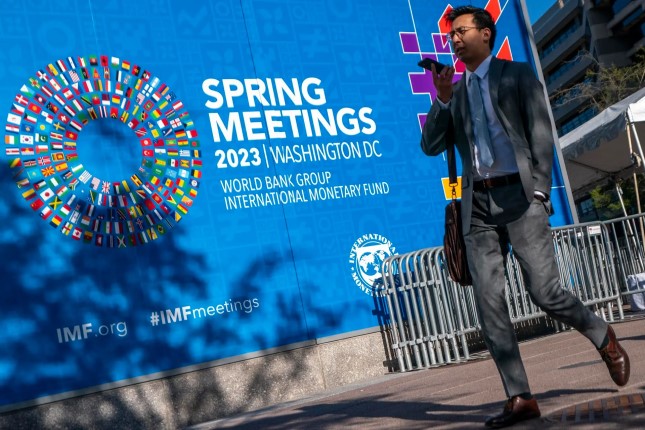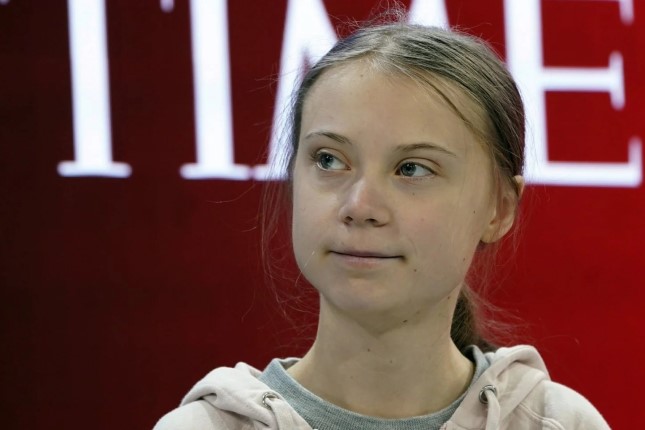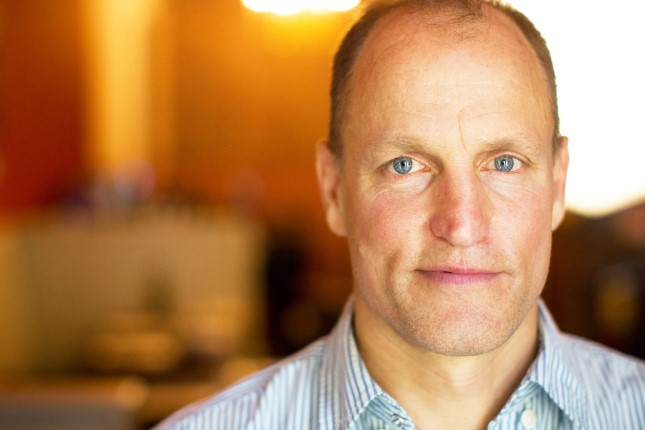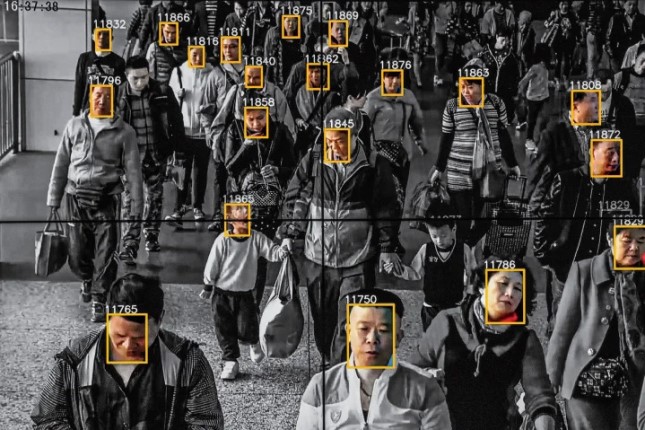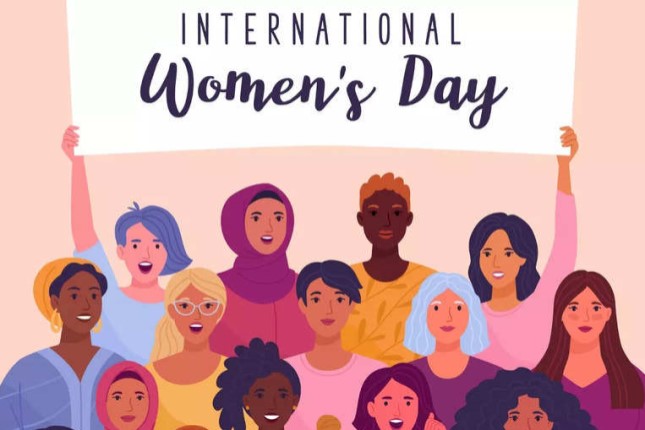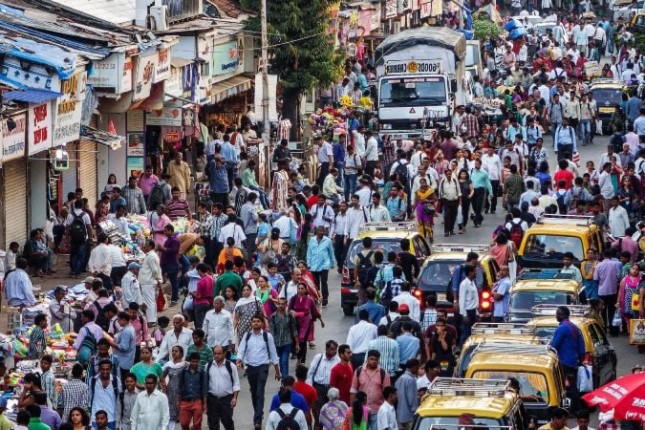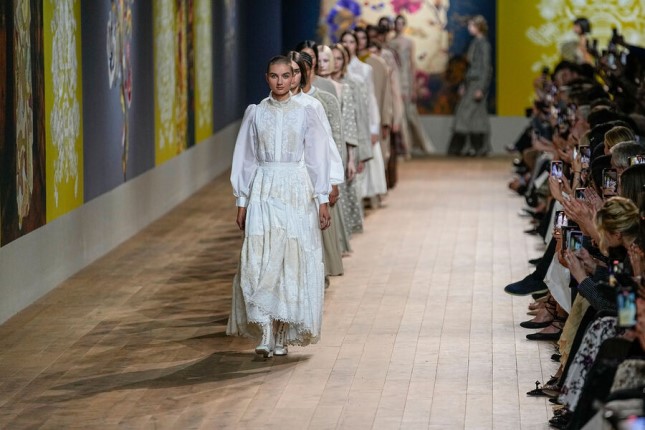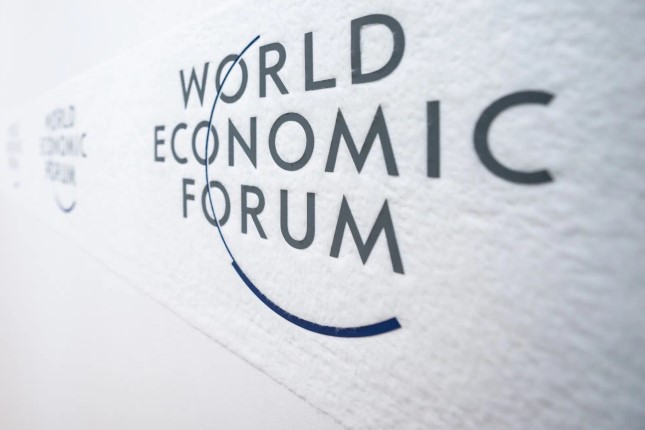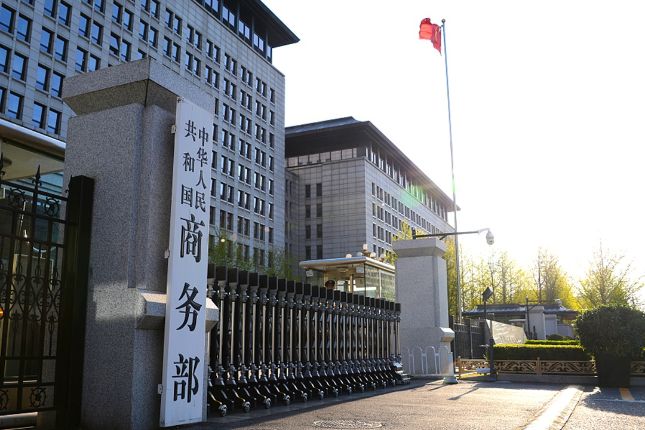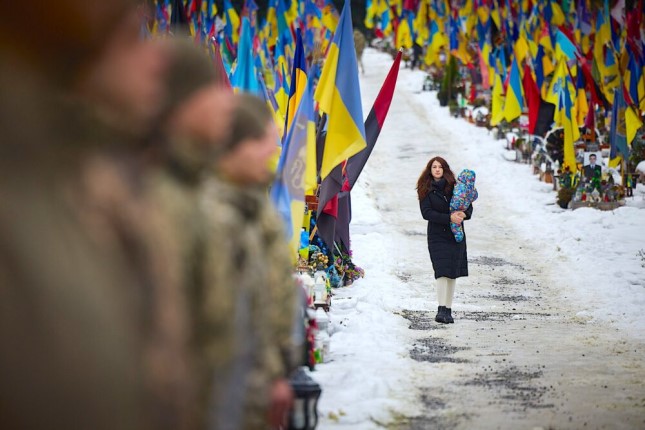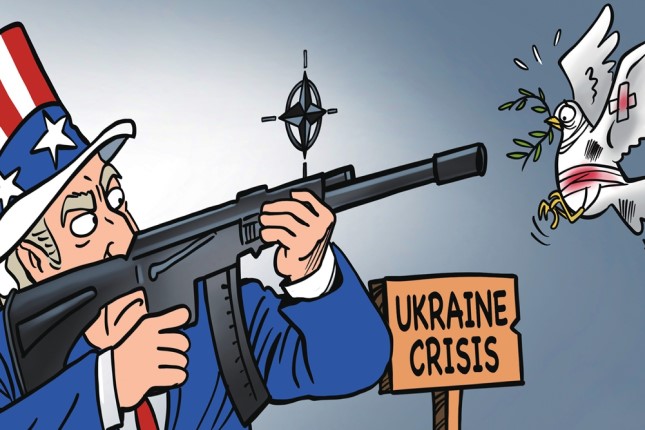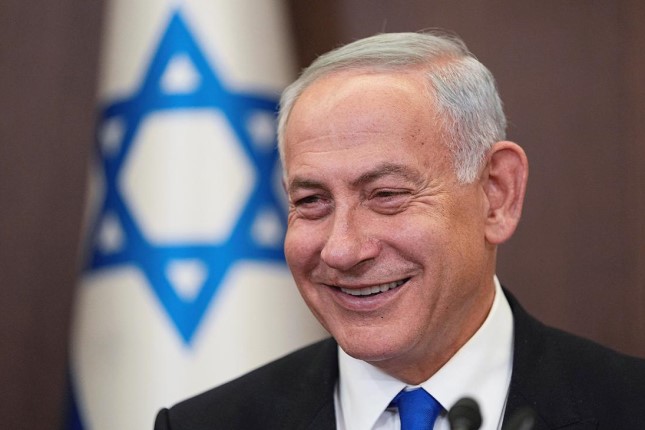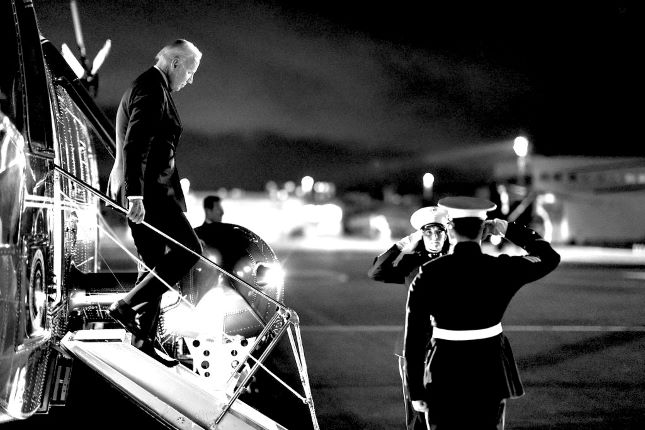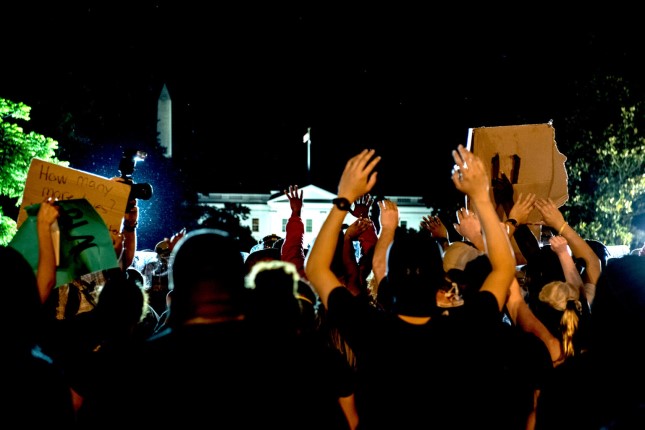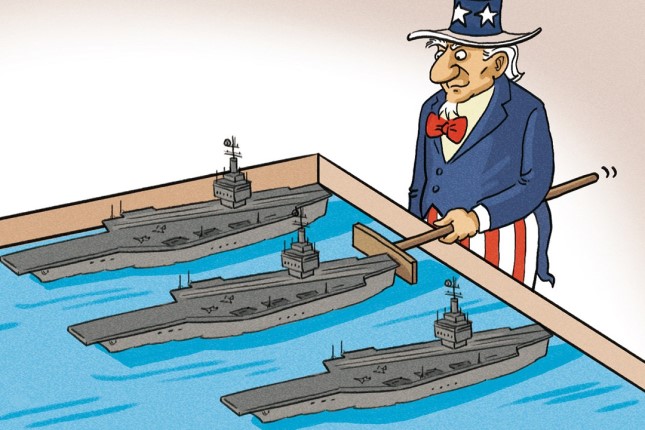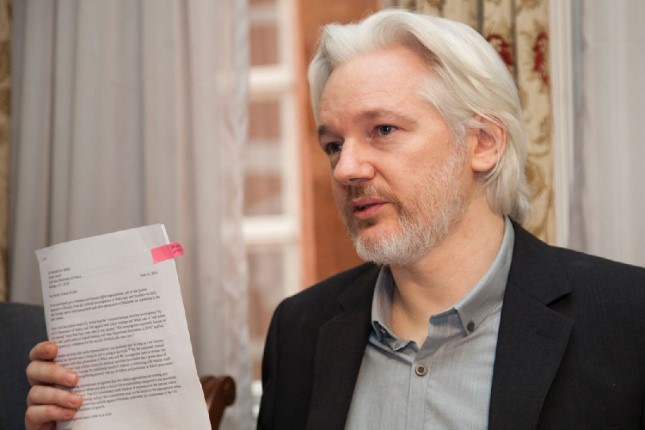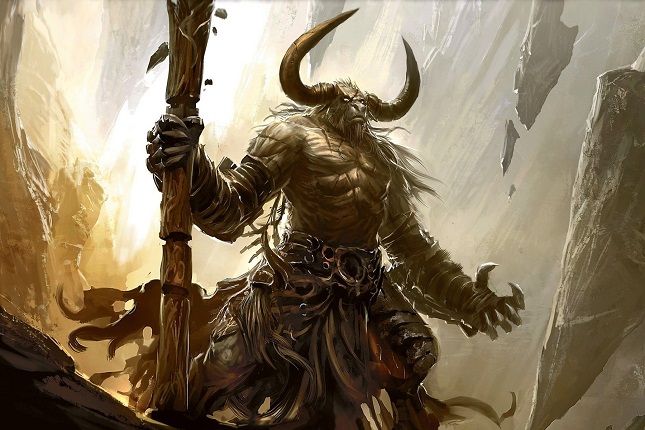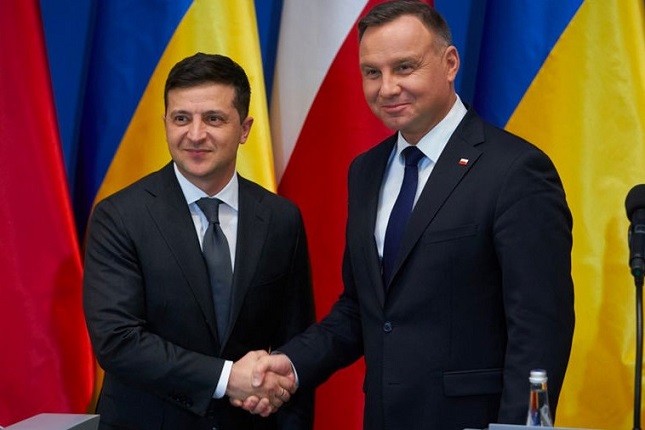In late November, the far-right Party for Freedom led by Geert Wilders emerged victorious in the general parliamentary elections in the Netherlands, garnering 23.6% of the popular vote and 37 of the 150 seats in the Dutch Parliament’s House of Representatives. Now, Wilders faces challenging negotiations to form a coalition. However, regardless of whether he succeeds in leading the government, Wilders’ victory is an event of pan-European significance that will likely accelerate the rise to power of right-wing parties in Western Europe.
Despite the seemingly “small” percentage of votes cast for Wilders (23.6%—just under a quarter), his party’s victory is more than convincing. The second-place alliance of the Greens and Labour significantly trailed behind the leader (15.7% and 25 seats in parliament). However, the main point is that the Party for Freedom won in 10 of the 12 continental provinces of the Netherlands. Moreover, it achieved such results without state funding. The parliamentary faction of the Party for Freedom is registered as an association of non-partisans, hence this “one-man party” lives off donations, not state budgetary funds.
The widespread support for the eccentric Wilders is linked to the same reasons why support for the right is growing rapidly throughout Europe. On the one hand, it is a protest vote due to the complete failure of the current authorities in solving pressing problems (immigration and rising crime, economic crisis), and a vote for a promise to solve these problems quickly and radically, on the other. For instance, Wilders advocates for stopping Muslim immigration, the Netherlands’ exit from the European Union (Nexit), and the cessation of arms and money to Ukraine, “which is an American puppet.”
“Europe must live independently, without the US. The European Union should be dissolved, as it was conceived by Americans and the British,” he writes. His program is a peculiar combination of conservative, right-wing, and left-wing agendas. In terms of healthcare, social services, and elderly care, he is left-wing; in supporting European Judeo-Christian culture, he is a conservative; and in his tough stance on immigrants and the Islamic religion, he is a nationalist. Wilders’ aggressive anti-Muslim (closing mosques and madrasas, banning the public reading of the Quran) and anti-immigrant rhetoric (comparing Moroccans to “trash,” etc.) has led to him being under round-the-clock state protection since 2004, living in a refuge with bulletproof windows, wearing a bulletproof vest, and all his visitors being thoroughly searched.
Notably, Wilders cannot be called a classical European right-winger. He is one-quarter Indonesian by descent, his wife is a Hungarian Jew, and he has been a staunch fan of Israel since his youth. The leader of the Party for Freedom cannot be called a marginal figure either. He is the longest-serving member of the Dutch parliament (since 1998) and was the mentor (until the mid-2000s) of young Mark Rutte—the current Prime Minister of the Netherlands, whose party he thoroughly defeated in the recent elections (the ruling People’s Party for Freedom and Democracy took a shameful third place with 24 seats).
The victory of Geert Wilders’ Party for Freedom will have a huge impact on the situation in Western European countries: both economically-strategic and culturally-political. From a geopolitical standpoint, the victory of the “Dutch style” right will lead to the beginning of a distancing of the “lowlands” from the German-French core of the European Union. A similar path has already been taken by Switzerland (which in 2015 refused to tie the franc to the euro) and Great Britain (Brexit in 2016-2020). The Netherlands is, first and foremost, the main European port of global significance—Rotterdam, which accounts for a significant portion of Europe’s cargo turnover. It is also tied to German and Belgian (in Dutch-speaking Flanders) ports. The focus on fighting immigration and a “divorce” from the European Union through Nexit means establishing control at Dutch national borders, i.e., an inevitable change in the control of cargo movement. Considering the importance of Rotterdam, this will exert serious pressure on Germany and other EU countries that are critically dependent on the turnover of the Dutch hub. Amsterdam’s drift away from continental Europe (with its ports, banking system, and industry) is a long-term factor that will maintain constant tension in the European Union.
However, far more important is the “far-right” victory’s direct political impact on the political situation. If the rise to power of right-wing nationalists or conservatives in Eastern and Southern Europe (like Hungary’s Viktor Orban or Giorgia Meloni in Italy) has no effect on the Western European core, then victory in the Netherlands for the Germanic peoples and political systems with a Germanic foundation (Germany, Austria, France, Denmark, Belgium, Luxembourg) is close at hand and significant.
The very fact of that victory indicates that it is possible and removes the stigma of marginality from both the far-right and a significant portion of voters who previously hesitated to vote for them. Thus, according to recent polls, the Alternative for Germany has already become the country’s second most popular party (22.5% of Germans were ready to vote for it in October). The Austrian Freedom Party, had the elections been held in November, would have had a good chance of forming a government (with a support rating of 29%). In Belgium, the Flemish bloc is encouraged, which might be able to lead Flanders to independence from the Belgian kingdom by winning the country’s parliamentary elections.
The victory of nationalist parties in the leading countries of Western Europe will accelerate the downfall of the European Union with its migration, tolerance, dozens of genders, and bureaucracy, but it will not end European unity at all: It will simply be formed on a completely different basis—the forceful pushing of its interests by a block of nationalist governments in Western Europe, led by Germany. The victorious and shocking nationalists of the Netherlands, having sharply accelerated “the correction of Europe” and distancing themselves from it in time, will themselves try to follow a different path, avoiding militarization and violence.
